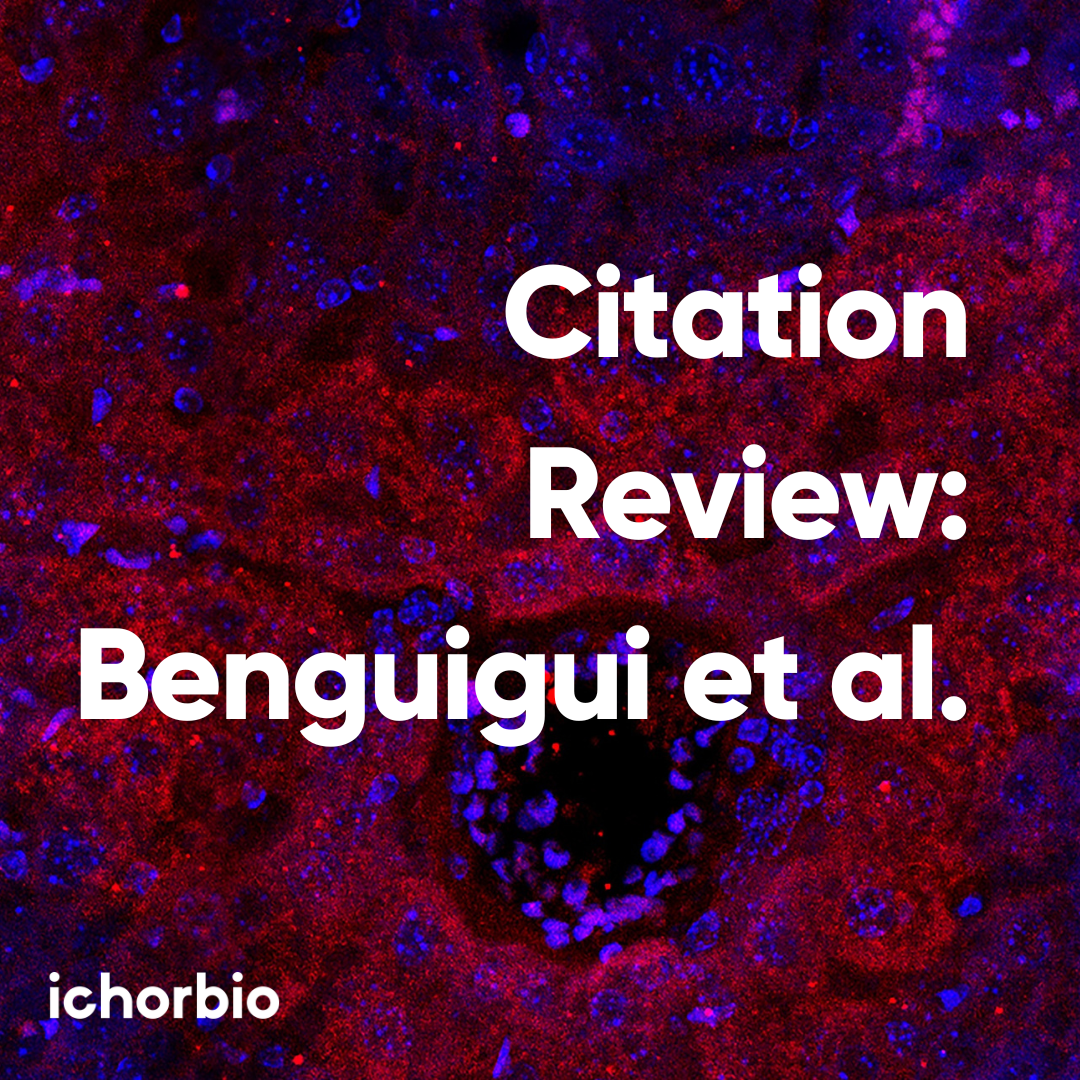Interferon-Stimulated Neutrophils Predict Immunotherapy Response and Enhance Anti-Tumor Immunity

Benguigui et al., 2024, Cancer Cell 42, 253–265
https://doi.org/10.1016/j.ccell.2023.12.005
Researchers from the Technion - Israel Institute of Technology and their collaborators have discovered a promising new biomarker for predicting patient response to cancer immunotherapy: interferon-stimulated neutrophils expressing high levels of the Ly6E protein (Ly6E(hi) neutrophils). Importantly, their study also demonstrates that these neutrophils can directly improve the efficacy of immune checkpoint inhibitors.
The scientists utilized a multi-model approach spanning several mouse strains and cancer cell lines to identify cellular states predictive of immunotherapy response. Single-cell RNA sequencing revealed that responsive tumors contained higher frequencies of Ly6E(hi) neutrophils compared to non-responsive tumors. Notably, elevated levels of Ly6E(hi) neutrophils in the blood also correlated with therapeutic outcomes, suggesting they could serve as an easily accessible, predictive biomarker.
Mechanistically, the researchers found that Ly6E(hi) neutrophils are induced by activation of the STING signaling pathway within cancer cells, leading to interferon secretion in the tumor microenvironment. In addition to being a biomarker, Ly6E(hi) neutrophils demonstrated immunomodulatory functions. Adoptive transfer of these neutrophils into mice bearing resistant tumors sensitized them to anti-PD1 therapy, resulting in enhanced activation of cancer-killing CD8+ T cells - partially mediated by IL-12b production.
To validate the clinical relevance of their findings, the researchers analyzed blood samples from a cohort of 109 patients with advanced non-small cell lung cancer and melanoma treated predominantly with immune checkpoint inhibitors. Excitingly, high frequencies of Ly6E(hi) neutrophils strongly correlated with positive clinical outcomes and outperformed existing biomarkers like PD-L1 expression in predicting immunotherapy response (AUC ≈ 0.9). Further bioinformatic analyses of publicly available datasets encompassing over 1000 patients and six cancer types confirmed that a Ly6E(hi) neutrophil-associated gene signature accurately stratifies responders and non-responders at baseline.
Notably, the study utilized an anti-PD1 antibody (clone RMP1-14) and an IgG2a isotype control antibody from ichorbio for their in vivo experiments in various mouse tumor models. The use of ichorbio's antibodies helped to ensure the reliability and reproducibility of the results obtained.
In summary, this groundbreaking study identifies interferon-stimulated Ly6E(hi) neutrophils as a functionally active biomarker for predicting immunotherapy outcomes in both mice and humans across multiple cancer types. Moreover, it reveals a new immunomodulatory role for neutrophils in enhancing the efficacy of immune checkpoint blockade. These findings, supported by the use of ichorbio's high-quality antibodies, pave the way for novel therapeutic strategies to improve patient care and prognosis in immuno-oncology.









